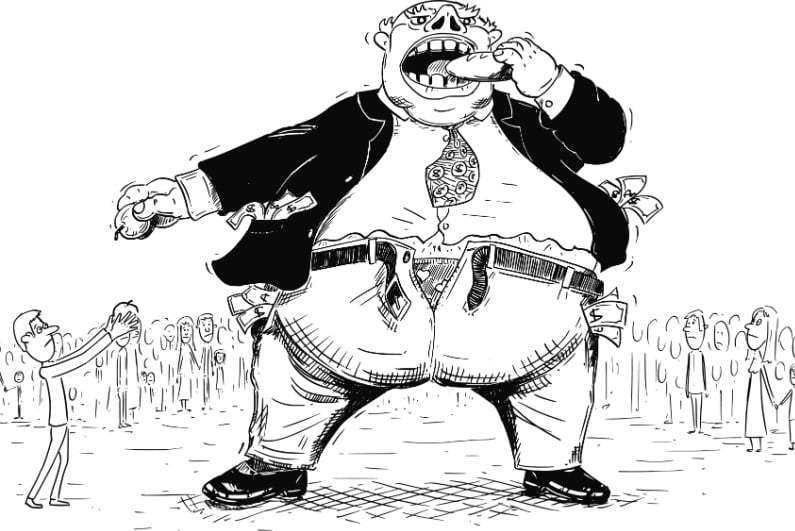
Donald Trump’s One Big Beautiful Bill Act would significantly raise taxes on professional gamblers. [Image: Shutterstock.com]
The One Big Beautiful Bill Act
The One Big Beautiful Bill Act (OBBBA) is a proposed budget reconciliation bill which passed the House of Representatives in the dead of night on May 22. An amended version of the bill just narrowly passed the Senate. According to polls, a majority of Americans oppose the bill, and according to a slew of the politicians tasked with voting on the legislation, a majority of them haven’t even read it.
significant cuts to Medicaid and the Supplemental Nutrition Assistance Program (SNAP)
The House-passed version of OBBBA would extend most of the 2017 tax cuts, which would otherwise expire at the end of this year. It would increase defense spending by $150bn and decrease non-military government spending, making significant cuts to Medicaid and the Supplemental Nutrition Assistance Program (SNAP). The Congressional Budget Office has estimated that OBBBA would add $2.8tn to the US national debt by 2034 and would throw 10.9 million Americans off their health insurance coverage.
The Senate version will likely receive a final vote today and it is worth noting the differences from the House version. In fact, so massive and labyrinthine is OBBBA that it has been difficult to find all its provisions and therefore divine all its implications. Some digging, however, has revealed that the bill is going to be rough on gamblers.
Senate version threatens livelihood of professional gamblers
The Senate version of OBBBA would permanently limit gambling losses to just 90% of gambling winnings. In the case of professional gamblers, many of whom are poker players, their total recorded losses added to their business expenses could not exceed 90% of their gambling winnings. Filling out annual tax returns would look something like this:
David the Recreational Punter, who managed to book a breakeven year after gambling $50,000, will owe taxes on $5,000. Phil the Poker Pro, who cashed for $1m after spending $900,000 in buy-ins and another $50,000 in work-related expenses, will have to pay taxes on $100,000 of gross income rather than his $50,000 of net income.
gamblers whose livelihoods could be rendered unviable by the Senate version
Some commentators and legal experts have opined that this provision, along with many others, won’t pass in the House, whose version of the bill extends the current limitations on business expenses for professional gamblers. Nonetheless, there are some sweaty days ahead for gamblers whose livelihoods could be rendered unviable by the Senate version.
Let’s hope House Representatives read it this time.
(Except for the headline, this story has not been edited by PostX News and is published from a syndicated feed.)
